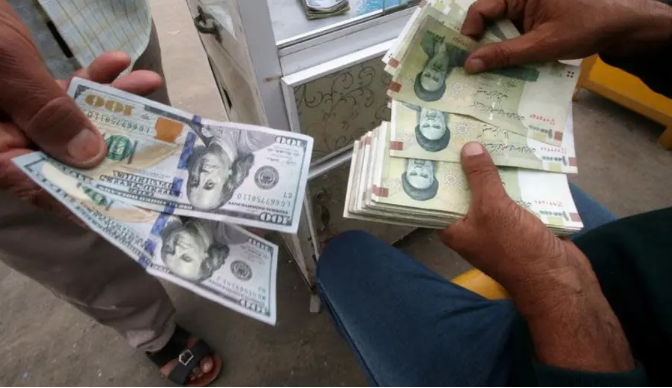The announcement comes after Iraqi President Barham Salih over the weekend visited Tehran, where he discussed with his counterpart Hassan Rouhani ways to enhance bilateral ties as well as the potential establishment of free trade zones along the shared border. The trip raised eyebrows in Washington, which fears growing Iranian influence over Baghdad could offset a fifteen-year military and diplomatic effort to rebuild Iraq in its image.
“Tehran is a key player in Iraq in terms of ideology,” Raed Nearat, a Professor of International Relations at al-Najah University in the West Bank city of Nablus, conveyed to The Media Line. “In recent days the Iraqi-Iranian coziness is obvious, which explains the public shift in rhetoric and now policies.”
Accordingly, Nearat concluded that Washington will be outraged by Iraq's maneuvering, however, he does not believe that the US retains enough leverage to alter Baghdad's course.
Indeed, the White House is walking a tightrope, having previously granted Iraq a 45-day waiver to wean itself off of Iranian energy products. Presently, the US has thousands of troops in Iraq that recently played an instrumental role in liberating major cities from the Islamic State terror group. The situation on the ground is complicated by the existence of Shiite fighting groups loyal to Tehran that likewise took part in the battle. Some of these forces have since been incorporated into the Iraqi national army, thus providing Iran with leverage over security issues.
“Iran is a malicious neighbor,” asserted Taybeh, an Iraqi commentator who spoke to The Media Line on condition of anonymity. “Our political arena is extremely unstable because of the external interference experienced every time when forming a government.” This, in turn, has left the country "vulnerable to Iran's power, which in many cases goes against the will of the people.
“Let’s not forget how angry the Iranian reaction was when Baghdad showed acceptance of the American sanctions at the beginning,” Taybeh noted.
Iraq imports gas from Iran as part of the country’s plan to secure fuel for power plants, in addition to a wide range of goods that includes food, agricultural products, household appliances, air conditioners and auto parts. The volume of trade exchange between the two countries reached $12 billion in 2017.
It would be viewed as a major geopolitical defeat for the US if Baghdad were to be pulled deeper into the Islamic Republic’s orbit.
Source


 RSS Feed
RSS Feed